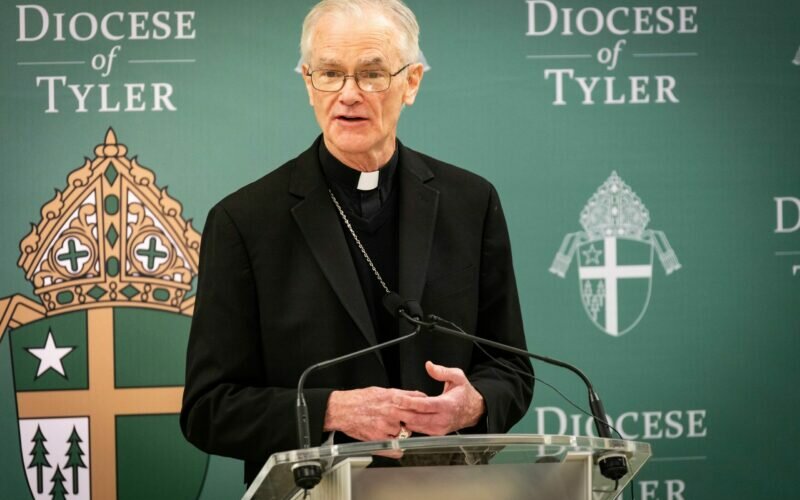You should have killed your baby.
We should empathize with Comstock in his grief. But emotion must not tempt us to reject the venerable principles of human exceptionalism. Babies—even those with dire prospects—are precious human beings whose lives have intrinsic dignity and inherent moral value beyond that of any nonhuman.
Acceptance of Comstock’s premise—that parents should kill babies who are “likely to die”—would be culturally catastrophic. It would lead to the legalization of murder. At Nuremberg, the German infanticide program was deemed a crime against humanity. Let’s not abandon that wisdom.
The death of his son is not the only motive driving Comstock’s advocacy. Comstock is a moral philosopher who rejects human exceptionalism and embraces animal rights and transhumanism. From his webpage:
Comstock’s current project explores the central dogma of the humanities, that humans are singular among and superior to other life forms, a belief recent developments in the life and information sciences seem to call into question. . . .
If we may no longer consider ourselves morally superior to all nonhuman animals, there is reason to wonder, too, whether cyborgs might one day be morally considerable. . . . If scientific advances in human self-understanding and developments in computer technology are in fact narrowing the presumed gap between the capacities of humans, animals and machines, dramatic implications for practical ethics follow.
Judging by Comstock’s Times column, it seems these “practical” implications include legalizing infanticide. Indeed, in my decades of work around issues such as euthanasia, utilitarian bioethics, animal rights, transhumanism, and other associated agendas, I have found that the more one rejects human exceptionalism, the more likely one is to declare that immoral and (still) illegal wrongs—like infanticide—are virtuous.
The evolutionary biologist Jerry Coyne is an even more vivid case in point. Coyne authors a blog titled “Why Evolution is True,” where he extrapolates evolutionary theory into highly questionable conclusions of morality, philosophy, and ethics. Using Comstock’s pro-infanticide column as his launching pad, Coyne argues that if we can abort a fetus diagnosed with serious health issues, we should also be allowed to kill born babies with those conditions. He then makes the predictable claim that since we euthanize our sick pets, we should also be permitted to kill seriously ill and disabled babies:
Although discussing the topic seems verboten now, I believe some day the practice [infant euthanasia] will be widespread, and it will be for the better. After all, we euthanize our dogs and cats when to prolong their lives would be torture, so why not extend that to humans? Dogs and cats, like newborns, can’t make such a decision, and so their caregivers take the responsibility.
Coyne then brings in anti-human exceptionalism:
The reason we don’t allow euthanasia of newborns is because humans are seen as special, and I think this comes from religion—in particular, the view that humans, unlike animals, are endowed with a soul. It’s the same mindset that, in many places, won’t allow abortion of fetuses that have severe deformities. When religion vanishes, as it will, so will much of the opposition to both adult and newborn euthanasia.







